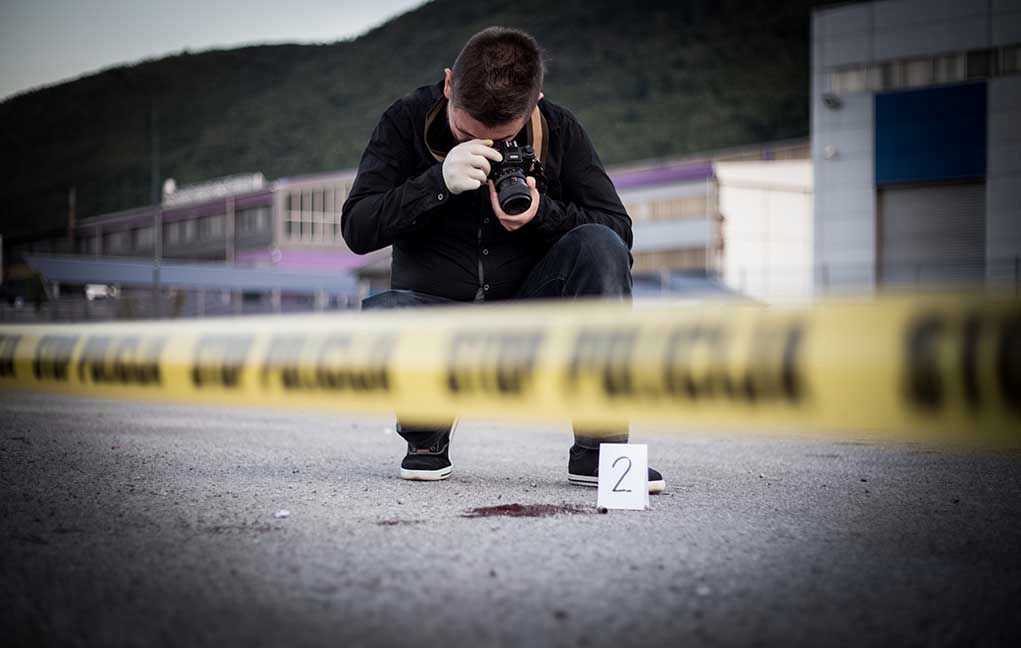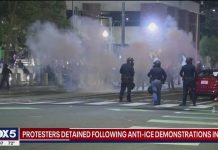
An elderly worker is murdered during his shift at a Brooklyn IHOP, exposing growing fears about public safety and the consequences of crime policies in urban America.
Story Snapshot
- 67-year-old IHOP employee Hector Reinoso-Perez was fatally stabbed while closing the Brooklyn restaurant.
- A second man was injured in the attack; NYPD has a person of interest in custody as the investigation continues.
- The incident highlights escalating workplace violence and concerns about safety in major city neighborhoods.
- Recent emergencies at Brooklyn IHOP locations raise questions about crime, public safety, and community stability.
Violent Crime Strikes at the Heart of a Community Institution
On the night of September 5, 2025, tragedy struck the IHOP on Flatlands Avenue in Brooklyn when 67-year-old employee Hector Reinoso-Perez was fatally stabbed as he cleaned near closing time. The attack unfolded just before 10:40 p.m., with police arriving to find Reinoso-Perez suffering from a stab wound to the torso and a 41-year-old man with a slashed hand. Emergency responders transported the elderly victim to Brookdale University Hospital, but he succumbed to his injuries. The NYPD quickly detained a person of interest, whose identity and motive remain undisclosed as detectives work to piece together what led to this deadly assault.
67-year-old worker at Brooklyn IHOP stabbed to death as he cleaned restaurant at closing time: NYPD https://t.co/mpI1WK3mZq
— Blue Lives Matter (@RetiredNYCPD) September 7, 2025
This violent incident has sent shockwaves through East New York, a diverse, working-class community accustomed to late-night diners and bustling eateries. While the area has experienced sporadic violent crime, there were no prior reports of similar violence at this IHOP location. The fact that the victim was a senior worker performing routine closing duties only intensifies local concerns about the vulnerability of employees in public-facing jobs. The timing compounds anxiety, given that this was the second emergency at a Brooklyn IHOP in as many days, following a ceiling collapse at another branch that injured nine people. Community members now question whether enough is being done to protect workers and patrons in these public spaces.
Stakeholders Demand Answers and Accountability
The primary stakeholders in this unfolding case include the family of Hector Reinoso-Perez, the injured 41-year-old coworker, and the broader IHOP staff who must now deal with the trauma and fear resulting from the attack. The NYPD’s 75th Precinct leads the investigation, with crime scene units gathering evidence overnight and pursuing leads. IHOP management faces the dual challenge of cooperating with law enforcement and reassuring both employees and customers about their safety. The restaurant remains closed for investigation and cleanup, and the company has yet to make a public statement. As the victim’s family seeks justice, the community is left grappling with the broader question of safety in everyday environments.
The incident also highlights a power dynamic where local law enforcement holds investigative authority, while corporate stakeholders are pressured to address both public relations and internal safety reforms. Calls for increased security, better late-night staffing, and policy changes regarding workplace protection for older and vulnerable workers are likely to intensify. The emotional toll on victims’ families and coworkers cannot be overstated, and the demand for answers and concrete action from decision-makers is growing.
Broader Implications: Public Safety, Policy, and Urban Crime Concerns
This fatal stabbing is not an isolated event; it reflects wider patterns of workplace violence and public safety challenges in urban America. Experts in workplace safety note that late-night shifts in the food service sector are increasingly perilous, particularly in large cities where law enforcement resources are stretched thin and the deterrence effect of prosecution is often questioned. Sociologists point to the intersection of economic stress, local crime rates, and the vulnerability of public-facing workers. Labor advocates may use this tragedy to push for improved protections, especially for older employees and those on late-night shifts, while community leaders demand more visible police presence and tougher sentencing to deter repeat offenders.
The economic and social impact is already being felt, with the IHOP location closed indefinitely, workers traumatized, and regular patrons left wary. There is growing scrutiny of whether restaurant chains and local governments are doing enough to ensure safety. This case may fuel calls for policy changes, such as stricter enforcement of existing laws, enhanced security protocols, or reforms to address the perceived failures of New York’s approach to crime and public order.
For many in the conservative community, this event is yet another sign that progressive policies and lenient criminal justice reforms have failed to protect law-abiding citizens and workers. The repeated emergencies at Brooklyn IHOPs within two days underscore a sense of disorder and neglect. As the investigation continues and the community mourns a valued worker, the larger debate over public safety, urban crime, and the responsibilities of both government and private employers will only intensify in the months ahead.
Sources:
AMNY: Detailed incident report and police updates
News12: On-scene interviews and community reaction
















